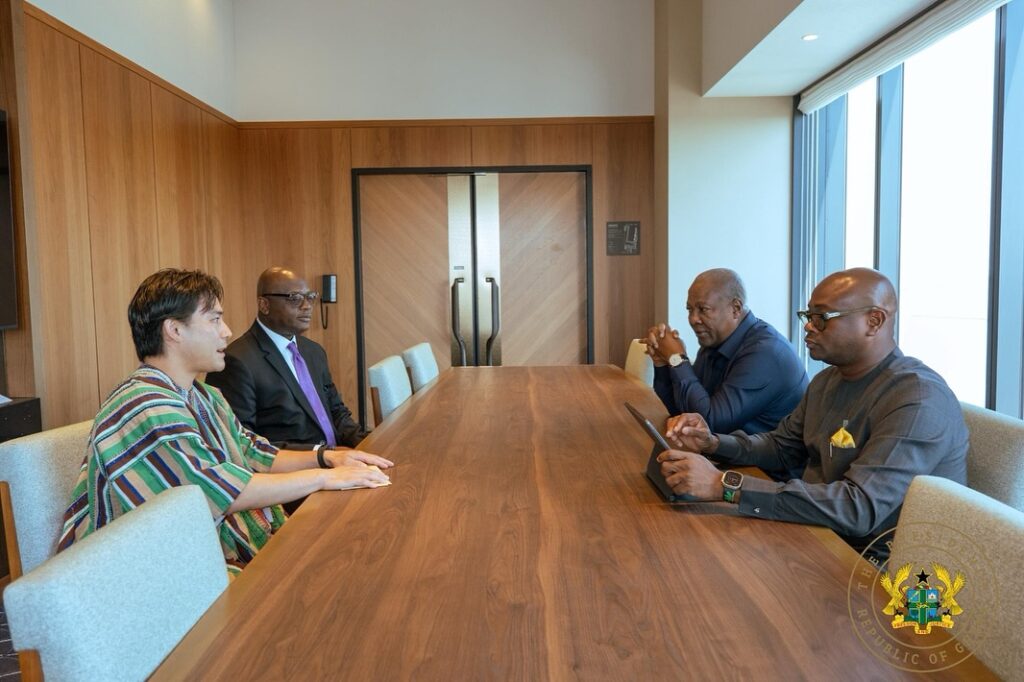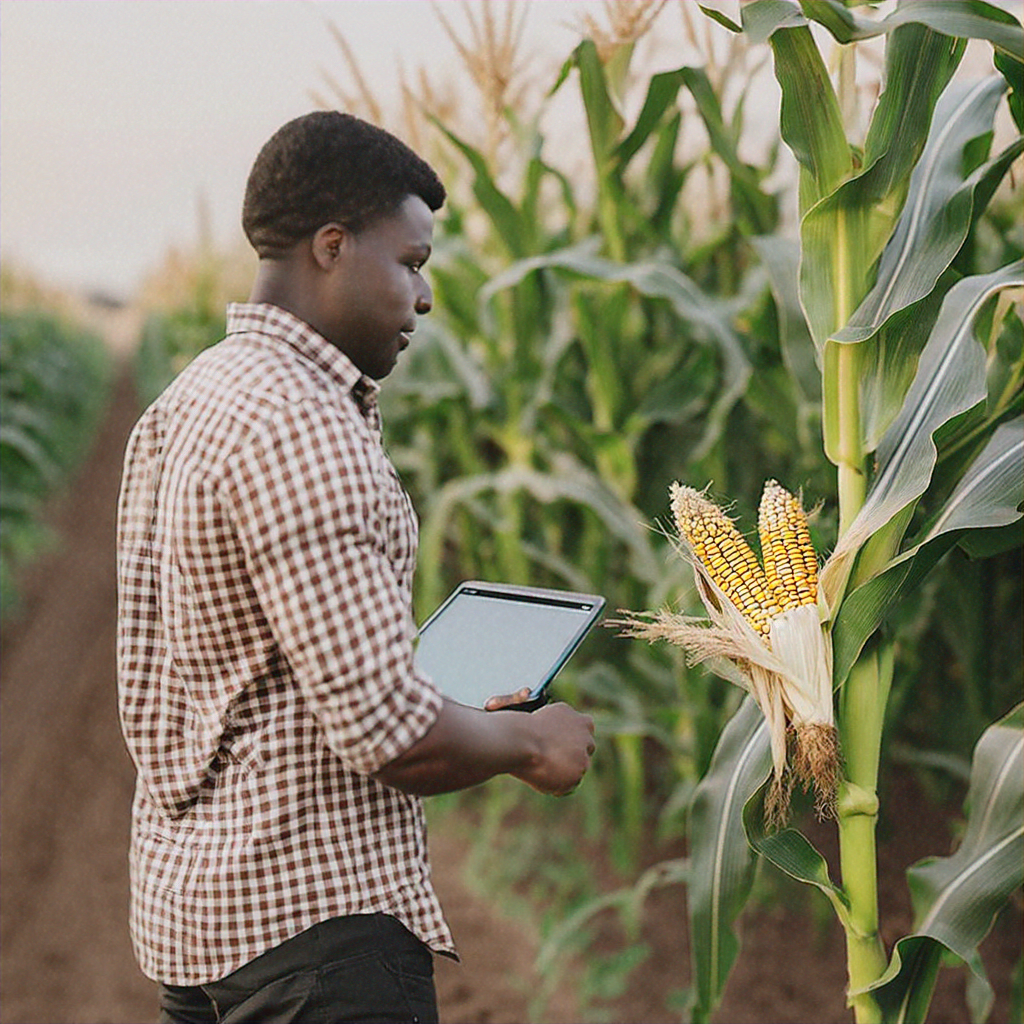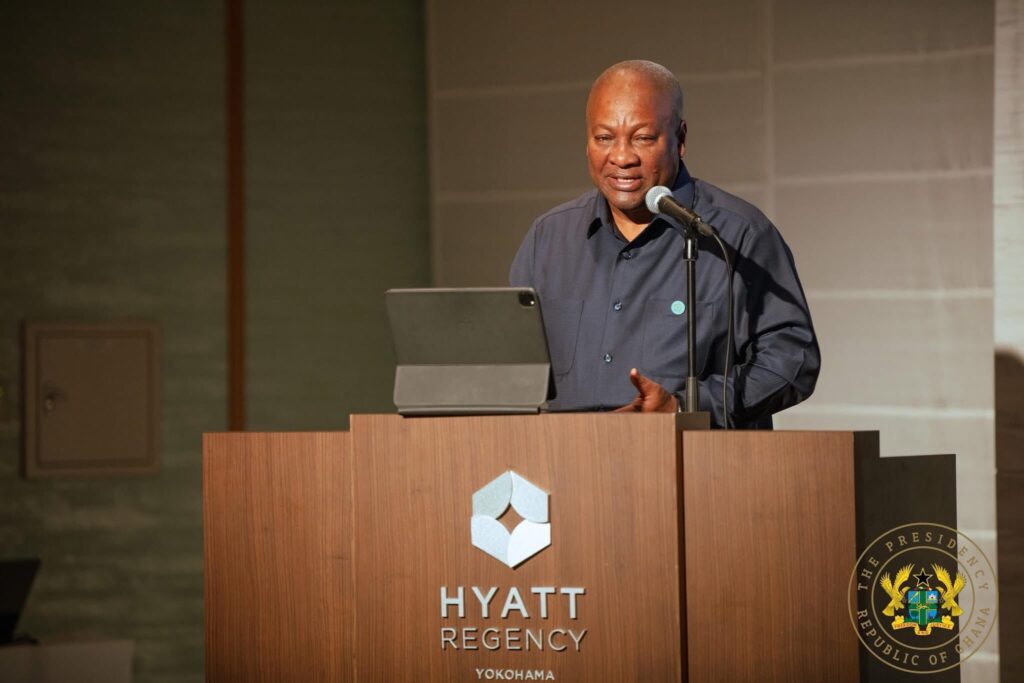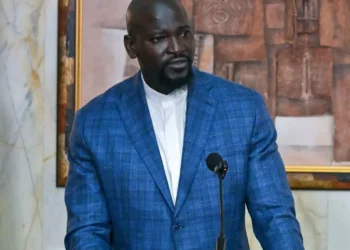President John Dramani Mahama has announced a significant breakthrough for Ghana’s agricultural sector, revealing a $100 million investment commitment by Degas Limited to transform farming through cutting-edge artificial intelligence and technology.
Writing from Yokohama, Japan, where he met with Degas founder and Chief Executive Officer, Doga Makiura, President Mahama disclosed that the investment will be rolled out over the next four years, aiming to position Ghana as a leading AI-powered agricultural hub.
“This is a strong vote of confidence in Ghana’s vision for integrated, technology-enabled agriculture—and we are ready to deliver”.
President John Dramani Mahama
Degas, a pioneering agricultural technology firm, has already established a strong footprint in Ghana. According to figures released by the company, it has financed more than 86,000 smallholder farmers cultivating across 122,000 acres, while achieving an impressive 95 percent repayment rate.
By leveraging advanced monitoring systems and precision agriculture, Degas says it has helped double farmers’ incomes and significantly improved their productivity. President Mahama emphasized that the partnership will go beyond financing to build a sustainable and resilient food system.
“With AI-driven satellite monitoring and precision agriculture, we will strengthen value chains from inputs to markets, improve food security, and create more jobs for our youth”.
President John Dramani Mahama

Degas has made its reputation by combining high-quality inputs, farmer training, and technology-driven monitoring to raise productivity among smallholder farmers.
Under its financing model, farmers receive inputs such as seeds and fertilizers, as well as training in modern farming techniques. Repayments are made through portions of their harvests, while farmers retain additional crops to sell for extra income.
The company’s expansion into AI-driven monitoring has been a key innovation. With tens of thousands of farmers under its portfolio, Degas faced the challenge of tracking and supporting vast numbers of farms simultaneously. The solution, according to the company, lay in harnessing space technology.
By using satellite imagery, Degas has developed scalable and cost-effective methods of monitoring farms remotely. This innovation has been powered by its in-house team of machine learning researchers and satellite data engineers, who created advanced geospatial AI models to support agricultural development at scale.
One of the company’s flagship innovations is the Degas 100M model, a foundational AI tool trained on millions of satellite images from the Sentinel-2 constellation.

In performance benchmarking, the model was found to outperform NASA and IBM’s Prithvi AI model in critical agricultural monitoring tasks such as land cover classification and segmentation. These breakthroughs, Degas argues, put the company at the forefront of AI applications for agriculture.
President Mahama expressed optimism that Ghana will reap substantial benefits from these technological applications. He noted that the integration of AI into agriculture will not only improve productivity but also enhance resilience against climate change, improve efficiency in resource use, and reduce post-harvest losses.
Food security has become a pressing concern for Ghana in recent years, with global supply chain disruptions and climate variability threatening both production and affordability.
Against this backdrop, the government has been seeking new approaches to enhance productivity while modernizing farming practices. The Degas investment, according to President Mahama, is a timely intervention that aligns with Ghana’s long-term development priorities.

He added that the investment will also create opportunities for Ghana’s youth in fields such as agritech, machine learning, and agricultural engineering, expanding employment beyond traditional farming into technology-enabled value chains.
The President concluded by assuring Ghanaians that his government is committed to working closely with development partners, the private sector, and innovative firms like Degas to deliver on the promise of agricultural transformation.
With this latest development, Ghana stands on the threshold of becoming a continental leader in AI-powered agriculture, combining traditional farming with cutting-edge technology to meet the twin goals of food security and economic growth.
READ ALSO: 39 Arrested in Tema Cybercrime Raid



















